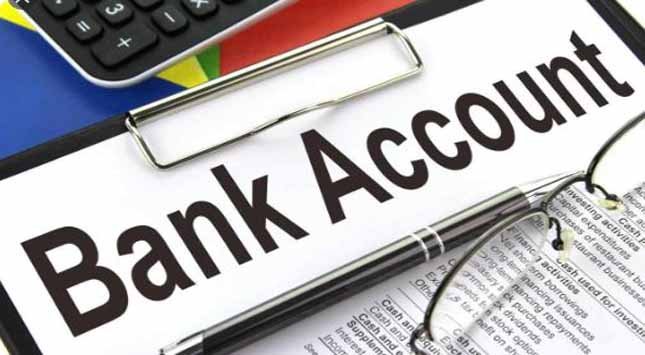Do you have a bank account? If yes, did your bank provide you with multiple options for the type of account when you planned to open one?
Globally, about 1.7 billion adults do not have a bank account. Now, even if someone has a bank account, do you think all of them know the difference between the various types of accounts a bank provides an individual with?
You May Like to Read: UBI Net Banking
Not! A lot of times, either because of a lack of interest or in a rush to deposit that first salary, people open a bank account without even knowing the differences between the different types of bank accounts.
So, you are not alone if you aren’t aware of the different types of accounts that a bank provides you with. It is at least important to understand the fundamental differences between them as they say, better late than never!
While a bank account provides one with banking services like debit cards, credit cards, chequebooks, loans, etc., majorly, there are three factors based on which one account varies from another. This includes interest earned, the flexibility of withdrawals, and the minimum balance to be maintained.
For simplicity, let’s understand the multiple account options available in a bank:
Current Account:
With a current account, your accessibility to your cash is quite high compared to other types. You can withdraw or deposit some money as many times as you want daily without any restrictions. It is more of a transactional account with the advantage that your money is safe, and you can use it whenever you want.
However, for a current account, either you do not earn interest or it is quite minimal as compared to a savings account. So, if you want to earn interest on your amount, a current account may not be the best option for you.
Since with a current account, one has higher access to cash, the minimum amount that one needs to maintain in a current account is quite high, which varies from bank to bank. It is more suited to someone who does business or is a trader than a salaried employee as it provides one with the flexibility to make a higher frequency of transactions.
You May Like to Read: 5 Tips for Banks to Market to Potential Clients
Savings Account:
As the name suggests, a savings account is more suitable for saving money. The interest one earns on a savings account is higher as compared to a current account. A savings account helps one control their spending habits as the money is safe as well as you are earning a good interest on it.
There is a restriction on the number of transactions you make on a savings account and is quite low compared to a current account.
You May Like to Read: SBI Net Banking
A savings account is a good option if you want to keep your money as an emergency fund or want to save your money for a short-term goal. The interest rate that you earn on your amount in a savings account varies from one bank to another. In both savings and current accounts, you can access them using online banking, ATMs, cheques, debit and credit cards, and other similar facilities.
Based on your financial goals, interest rate, and the transaction you wish to make every month, you can choose the right bank for you.
You May Like to Read: Open Salary Account Online
Fixed Deposit:
If you are looking to save money for the long term, then a fixed deposit would be a better option than a savings account. The interest rate you earn on a fixed deposit account is usually higher than on a savings account. Hence, it is a good option for those who have a huge amount in their current or savings account as the interest earned on this amount would also be huge. However, there is a specific time duration for which your amount is locked in with a bank.
So, if you want to withdraw your money before the end of the maturity date of your fixed deposit, then you will not be getting the accrued interest and you might also face some penalty which depends on the bank. The lock-in period as well as the interest rate varies from one bank to another.
Fixed deposits are also considered a safe or less risky option for investments as compared to stocks.
Conclusion:
If you are wondering which account is best for you out of the current, savings, or fixed deposit account, it is essential first to know your financial goals. Once you know your financial goals, check for the eligibility criteria required to open a bank account in UAE like minimum income, residency, minimum age, etc.
A combination of these two might give you a fair idea of the type of account that will best suit your needs. Based on the factors mentioned above, like interest rate, minimum balance, etc. you can choose the right bank for you!
You May Like to Read: PNB Net Banking

